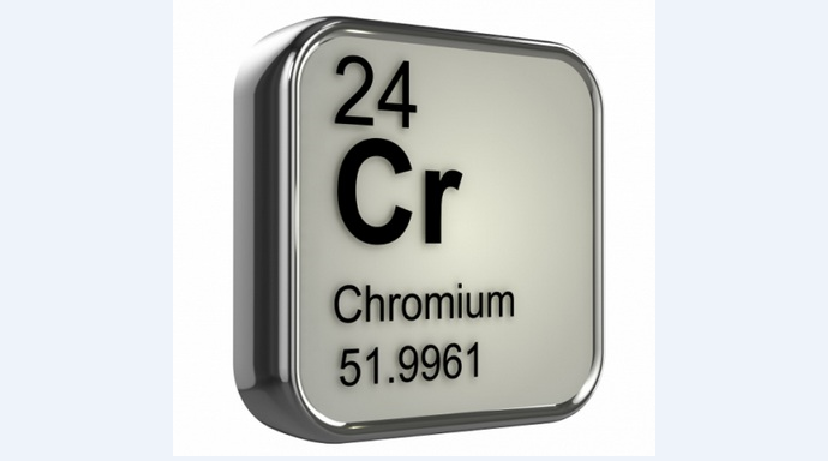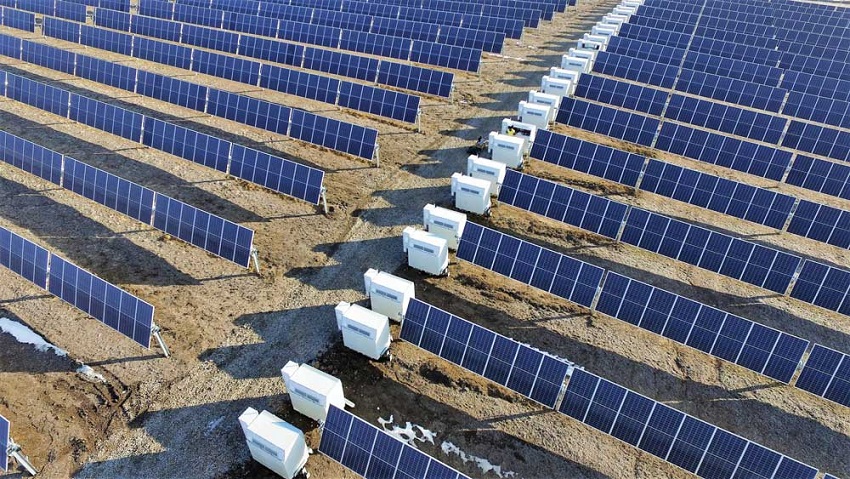7 Interesting Facts about Chromium

7 Interesting Facts about Chromium
Chromium is a metal element with the element symbol Cr, atomic number 24, and a density of 8.65g / cm³. Chromium is a shiny blue-gray transition metal, soft and wear-resistant, tough and ductile, flammable, and irritating. The melting point of chromium is 1907 ℃, and its boiling point is between 2672 ℃. Beyond the basics above, what else should we know about chromium? Here are 7 interesting facts about chromium.

Interesting Facts about Chromium
Interesting Facts about Chromium - 1. The Discovery of Chromium
Chromium was discovered much later than its congeneric elements, mercury, and zinc. The content of chromium in the earth's crust is much less than that of zinc, and it is often present in zinc mines in small amounts. Because chromium is more volatile than zinc, when smelting zinc at high temperatures, it escapes earlier than zinc, evading people's awareness.
French chemist Nicolas-Louis Vauquelin discovered chromium from a sample of the mineral crocoite (lead chromate) in 1797. He reacted chromium trioxide (Cr2O3) with charcoal (carbon) to produce needlelike chromium metal crystals.
Interesting Facts about Chromium - 2. The Existence of Chromium in Nature
The content of chromium in the crust is about 0.1 ~ 0.2 mg/kg. Cadmium generally exists as a mineral associated with zinc. In ordinary zinc mines, the ratio of zinc to cadmium ranges from 200: 1 to 400: 1.
Interesting Facts about Chromium - 3. The Distribution of Chromium Resources
According to data released by the United States Geological Survey (USGS) in 2014, as of 2013, the total global chromium reserves were 500,000 tons.
China is the country with the most abundant cadmium reserves, with 92,000 tons of cadmium reserves, accounting for 18.4% of the world’s total reserves. Other countries rich in chromium resources are Peru, Mexico, India, Russia, and the United States.
Interesting Facts about Chromium - 4. The Global Chromium Production
According to the latest data released by the United States Geological Survey (USGS), global cadmium production was 22,200 tons in 2014. Asia is the world's largest primary cadmium metal-producing region, dominated by China, South Korea, and Japan.
In 2013, Japan’s refined chromium output decreased from 1,830 tons to 1,790 tons, while South Korea’s output increased from 4,000 tons to 4,090 tons. China's chromium output showed a slight growth trend of 7,300 tons, accounting for about 33% of the world's total output.
Interesting Facts about Chromium - 5. The Application of Chromium
The most important application area of chromium is the battery industry, which is used in nickel-chromium batteries, but now nickel-chromium batteries in notebook computers and mobile phones have been gradually replaced by lithium-ion batteries.

Interesting Facts About Chromium
Currently, nearly 86% of chromium in the world is used to manufacture nickel-chromium batteries; 9% is used to produce pigments; 4% is used to produce paints; 1% is used to produce alloys and solar panels.
Interesting Facts about Chromium - 6. The Recycling of Nickel-Chromium Batteries
The application of nickel-chromium batteries is very extensive, and the quantity is huge. The wasted nickel-chromium batteries have serious environmental pollution. Therefore, the recycling of wasted nickel-cadmium batteries becomes crucial.
Denmark is the first country in Europe to recycle batteries. In 1997, the recovery rate of nickel-chromium batteries in Denmark reached 95%. The United Kingdom began recycling nickel-chromium batteries in 1998. France started to recycle used batteries in 1999. In Japan, the disposal and recycling of waste batteries have always been at the forefront of the world. As early as 1993, Japan began to recycle used batteries.
Interesting Facts about Chromium - 7. The Effect of Chromium on Human Health
Chromium is not an essential element of the human body. In general, excessive intake of chromium can lead to chromium poisoning.
The World Health Organization lists chromium as a major food pollutant. The International Agency for Research on Cancer (IARC) classifies chromium as a human carcinogen, which can cause serious health damage to humans. The American Toxic and Disease Registry (ATSDR) lists chromium as a substance that harms human health.
Conclusion
Thank you for reading our article and we hope it can be helpful to you. If you want to know more about the interesting facts about chromium, you can visit Advanced Refractory Metals (ARM) for more information.
Headquartered in Lake Forest, California, Advanced Refractory Metals (ARM) is a top manufacturer & supplier of refractory metals such as tungsten, molybdenum, tantalum, rhenium, titanium, zirconium, etc. We provide our customers with high-quality refractory metal products at a very competitive price.
{{item.content}}
LEVE A REPLY
{{item.children[0].content}}
{{item.content}}






